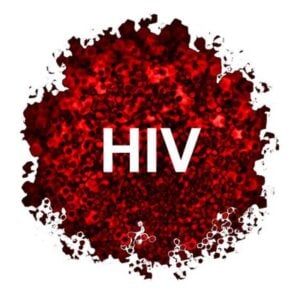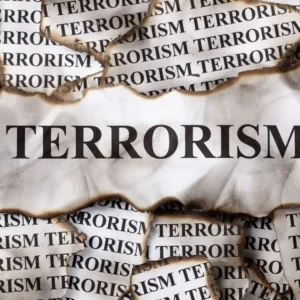At 17, Krang Martir faced a frightening barrier when he sought an HIV test after being assaulted by a friend. The law at the time required parental consent for minors to access HIV services, leaving him in a vulnerable position. Fortunately, a compassionate clinic worker helped him get tested, opening the door to treatment and support.
In 2018, the Philippines enacted Republic Act 11166, a landmark HIV law allowing individuals as young as 15 to access HIV testing and treatment without parental consent. This law not only addressed legal barriers but also saved lives, enabling a more inclusive and compassionate HIV response. Advocates like Elena Felix emphasized that the law provides protection and support for people living with HIV and their families.
UNAIDS played a critical role over more than a decade, working alongside communities, civil society organizations, and government agencies to provide guidance, build consensus, and ensure that affected populations led the conversation. This sustained advocacy laid the groundwork for RA 11166, demonstrating the long-term commitment required to effect meaningful policy change.
The history of HIV legislation in the Philippines began with RA 8504 in 1998, which established public awareness programs, the National AIDS Council, and legal protections for people living with HIV. As the epidemic evolved, particularly among young men who have sex with men, outdated laws restricted timely access to testing and treatment, resulting in late diagnoses and missed opportunities for care.
RA 11166, signed into law in December 2018, addressed these gaps by streamlining HIV testing and treatment, incorporating HIV education into schools, updating national guidelines, and recognizing HIV as both a medical and human rights issue. This legislative shift laid the foundation for ongoing improvements in HIV prevention, treatment, and community engagement.
In recent years, UNAIDS and UN partners have supported additional reforms, including adding PrEP to the national drug formulary, increasing treatment reimbursement rates through PhilHealth, and expanding community-based testing and treatment services. These measures have enabled tens of thousands from key populations to access preventive and treatment services.
The law has also empowered people living with HIV to take leadership roles in advocacy and community engagement. Individuals like Krang, now 26, actively share their experiences and mentor young people navigating similar challenges. UNAIDS officials highlight that while laws alone cannot solve all problems, they create the necessary framework and legitimacy to support effective, community-led responses.
Despite progress, challenges such as stigma and barriers to care remain. Nonetheless, the Philippines’ HIV response illustrates the power of long-term international cooperation and local engagement to achieve sustainable impact. For Krang, the law represents more than protection—it affirms that people living with HIV matter and deserve to be heard.







